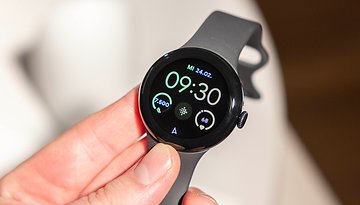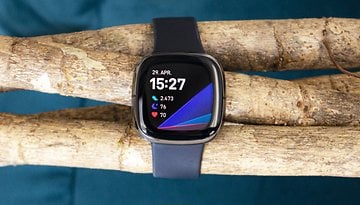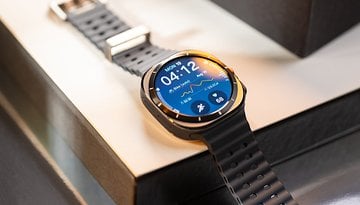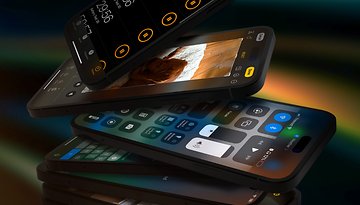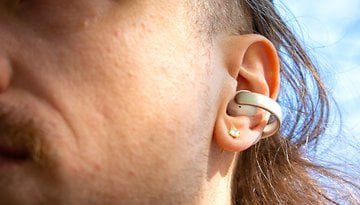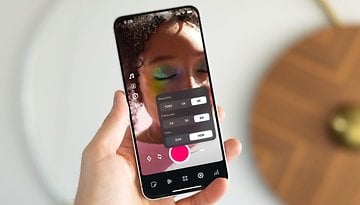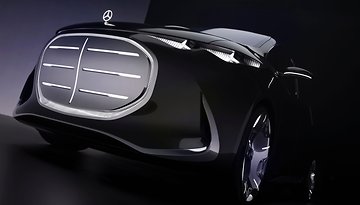The Ring Revolution? Why Smart Rings Represent the Future of Health
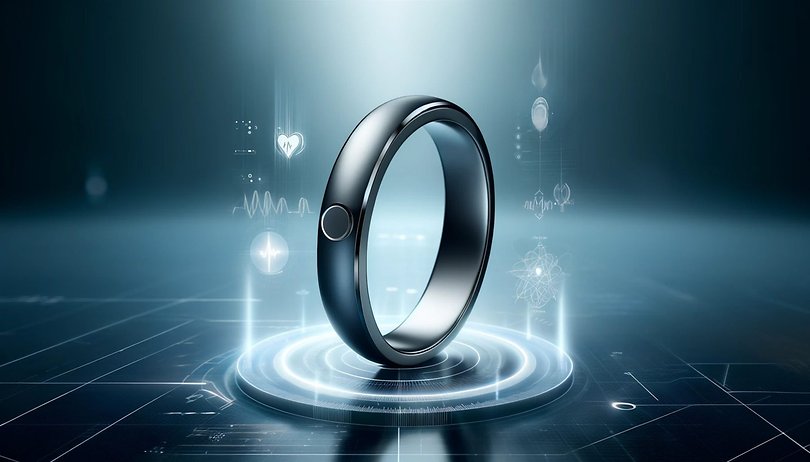

In the ever-evolving world of wearable technology, smart rings emerge as the dark horse poised to transform our approach to health monitoring. Unlike the more conspicuous smartwatches, smart rings offer a subtler, more focused gateway to self-quantification—a trend that Mohit Kumar, CEO of Ultrahuman, is betting big on. "Our Ring Air is one of the thinnest in the market, and its design is essential for non-intrusive, continuous health monitoring," says Kumar, underscoring the device's sleek form factor and dedicated functionality.
I recently spoke with Ultrahuman’s CEO about their recent funding round of $35M and the confirmation they will open manufacturing facilities in the US in six months, in Indiana. According to the company, this will be the first time wearable rings will be produced in the US. But what struck me was the certainty of Kumar about the smart ring being the future of health.
- Related: Top 5 smart rings to buy in 2024
Here at nextpit, we constantly debate about new technologies, and this topic has been growing ever since smart rings became popular. Every time we publish news on the topic, we see a peak in traffic, something that isn't that common for a smartphone-centric audience. But are convincing CEOs and readers' interest enough to show that this new form factor is the new black? Well, it is enough for me!
A paradigm shift in health monitoring
The promise of smart rings lies in their ability to gather comprehensive health data without the bulk or distraction of a smartwatch. These devices are not merely accessories but portals to a deeper understanding of one's biological rhythms and wellness patterns.
Kumar points out that while fitness tracking poses some challenges in activities such as swimming or weightlifting, the primary value of smart rings like Ultrahuman Ring Air is in health data analysis rather than fitness tracking alone.
- Stay healthy, stay secure: Protecting your health data for a safer tomorrow
"We are exploring ways to integrate other devices with the smart ring to enrich the health data ecosystem, enhancing the overall understanding of an individual’s health," Kumar explains, suggesting a future where smart rings work in concert with other devices to provide a fuller picture of health.
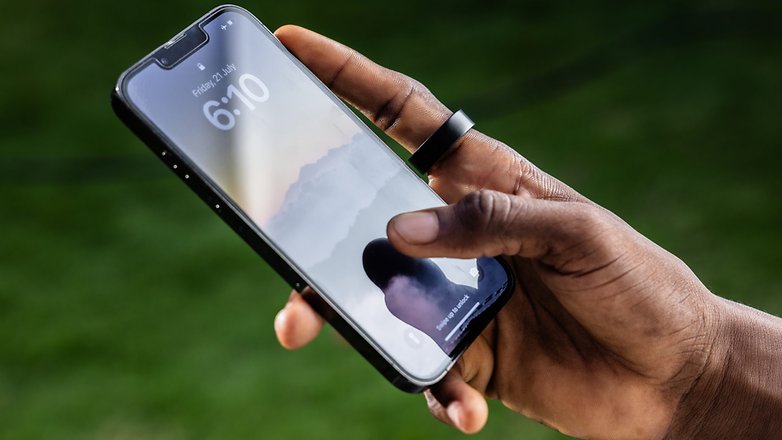
Ultrahuman's strategic innovations
The integration of substantial research and development investment and strategic geographic expansion marks a significant shift in the landscape of health technology. Ultrahuman’s recent expansion into the U.S. market is not just a logistical move but a strategic one, tapping into Silicon Valley's rich vein of technological innovation and talent. "Being in the U.S. allows us to tap into a wealth of talent and resources, accelerating our development and bringing more sophisticated health monitoring solutions to market," Kumar notes.
Moreover, the move to manufacture smart rings domestically aligns with a broader vision of creating a robust, efficient production line that can quickly respond to the Western market's demands. "This move not only enhances our supply chain efficiency but also positions us closer to one of our biggest markets, ensuring we meet consumer demand more effectively," he adds.
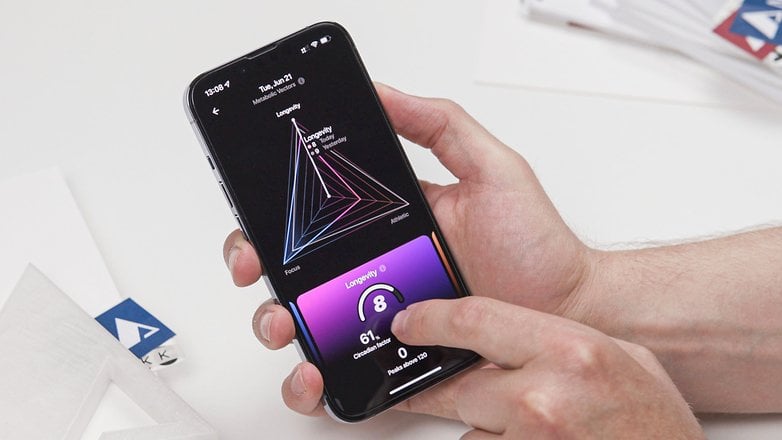
Looking ahead: The future of health tech
The trajectory of smart rings is indicative of a broader trend towards more integrated, unobtrusive health monitoring solutions. As companies like Ultrahuman continue to innovate and expand their product lines, the potential for smart rings to serve as central hubs of health data grows.
Kumar is optimistic about this future, bolstered by increasing interest from heavyweights like Samsung and ongoing innovations within the space.
Smart rings represent more than just a technological innovation; they are a lifestyle revolution. With their ability to seamlessly integrate into daily life, providing vital health insights without the inconvenience of bulkier devices, they offer a glimpse into a future where health monitoring is as routine as checking the time.
As we move forward, the expansion of smart ring capabilities and their integration into broader health ecosystems will not only enhance individual health management but also transform our collective approach to wellness.
As we witness the rise of smart rings in the health tech industry, what are your expectations for the future of wearable health devices? Do you think they will become essential tools for everyday health management, or do they risk becoming just another tech trend?







